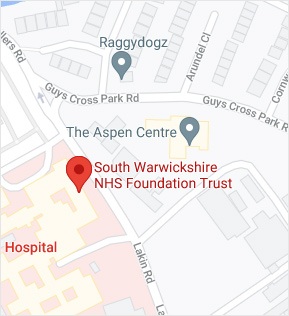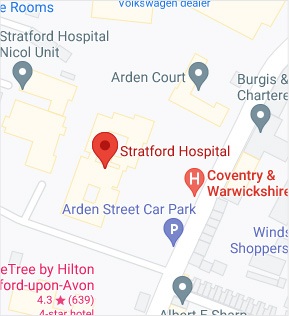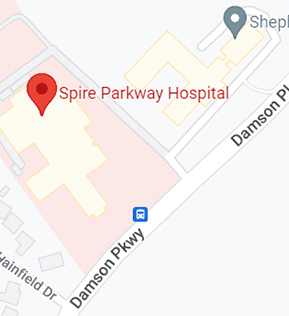Triscaphoid Joint Arthritis
Arthritis is an inflammatory condition of one or more joints in your body. Triscaphoid joint arthritis is the localised pain and inflammation of the shared joint between the 3 carpal bones of your wrist. These bones are called scaphoid, trapezium and trapezoid and are present at the base of your thumb.
Arthritis of the triscaphoid joint is also called scaphotrapeziotrapezoid or STT joint arthritis
Symptoms of Triscaphoid Arthritis
The symptoms of Triscaphoid joint arthritis include:
- Pain and inflammation at the base of the thumb
- Stiffness in the morning
- Difficulty using hand
- A weak grip
Causes of Triscaphoid Arthritis
Arthritis of the triscaphoid joint may be caused due to age-related degeneration of the cartilage that protects the joint, severe injury to the area or from an autoimmune disorder.
What Happens if Triscaphoid Joint Arthritis is Left Untreated?
Untreated triscaphoid joint arthritis may cause dislocation of the radius bone, rupture of the ligaments with the instability of your hand and severe degenerative arthritis.
Diagnosis of Triscaphoid Arthritis
Your doctor will assess your symptoms and perform a physical exam. Your doctor will take your medical history and order imaging tests such as X-ray, MRI or CT-scan.
Treatment of Triscaphoid Arthritis
Non-surgical Methods
Your doctor first recommends non-surgical options to treat triscaphoid arthritis including:
- Pain and anti-inflammatory medications
- Splint to immobilise your wrist
- Steroid injections
- Physiotherapy
Surgery
Surgery is recommended by your doctor if non-surgical methods fail to relieve the symptoms. Some of the surgical procedures may include:
- Arthroscopic Debridement: An arthroscope is inserted through tiny incisions made on your wrist. An arthroscope is a small, fibre-optic instrument consisting of a lens, light source, and video camera. The camera projects images of the inside of the joint onto a large monitor, allowing your surgeon to look for any damage, assess the type of injury and repair the problem. Debridement of damaged tissue is performed by your surgeon.
- Limited Wrist Arthrodesis: This procedure involves surgically fusing selected bones of your wrist using metal wires or screws. It relieves pain while still allowing a good range of motion.
- Arthroplasty: In this procedure, your surgeon removes the affected joint and replaces it with an artificial implant. Depending on the severity, the implant used may be made of silicone, titanium, polyethylene or pyrocarbon.


 REQUEST AN APPOINTMENT
REQUEST AN APPOINTMENT




 Ext 4798
Ext 4798








